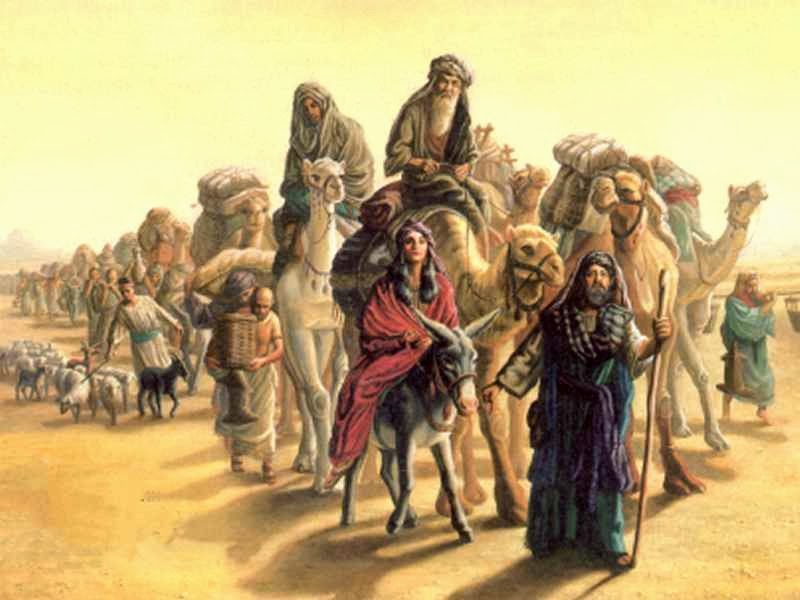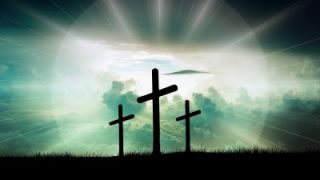Eretz and the Kingdom of God
I have always been fascinated by the word “eretz” [אֶרֶץ]
We first find the word in Genesis 1:1 “When God began to create the heavens and the eretz”.
Traditionally we have always translated the word as “earth”, and we have a mental picture of the world hanging in space, like an apple on a string, being watched over by a distant God.
…
So eretz can refer to the whole planet under the dominion of God, and it can also refer to individual dominions governed by kings, princes and officials appointed by them.









